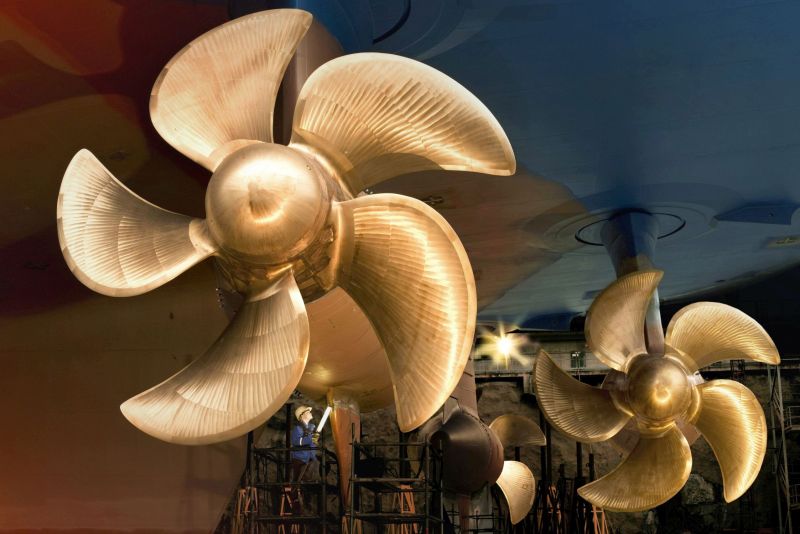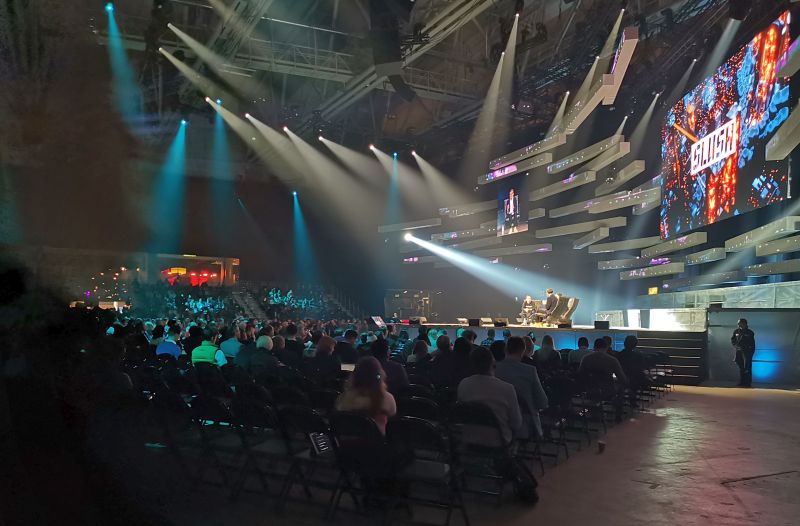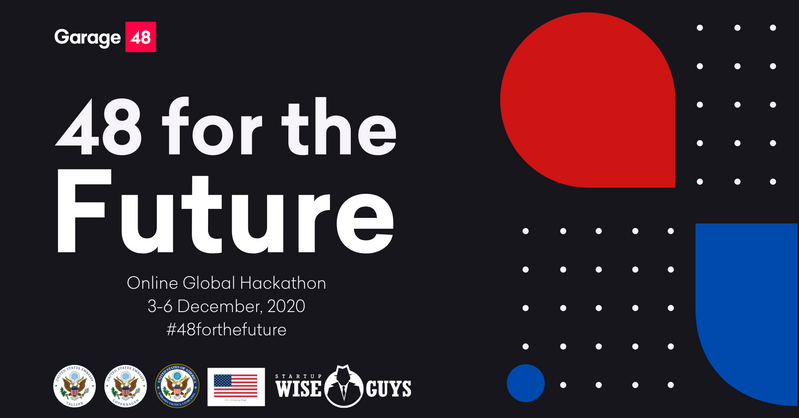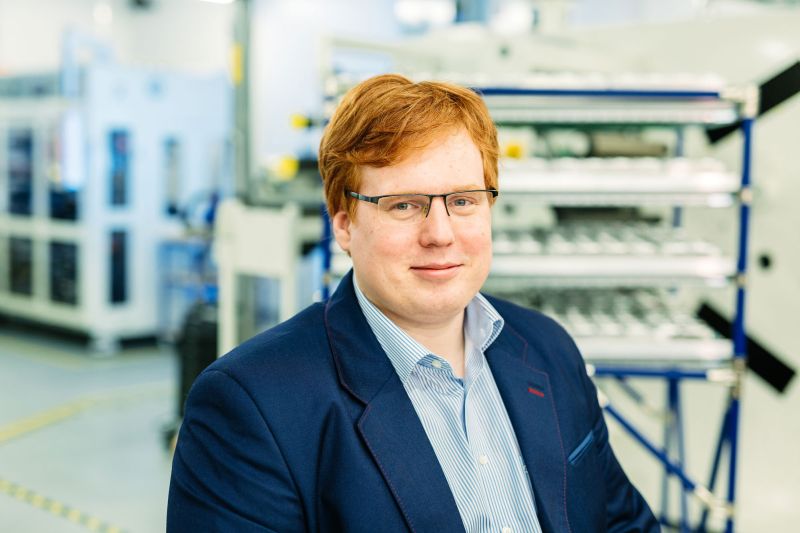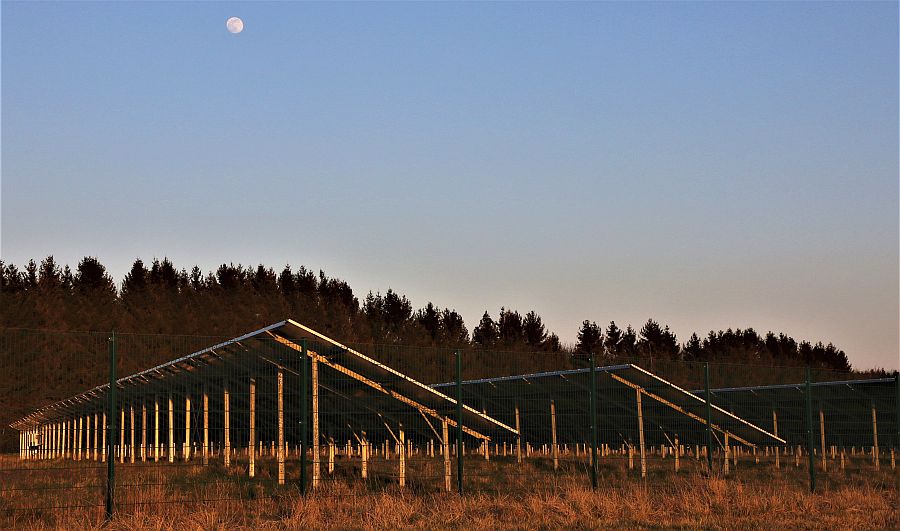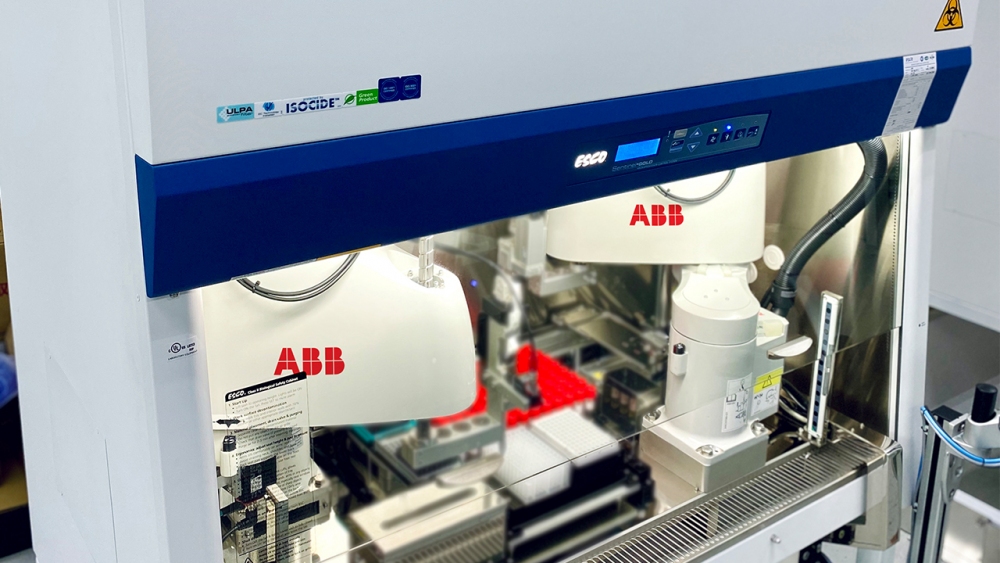Human Transportation Drones are Ready
Hyundai Motor Group’s Urban Air Mobility (UAM) vision concept, S-A1, will be on display at GITEX Technology Week, December 6–10, at Dubai World Trade Centre.
Etisalat, a leading telecommunications company in Africa and the Middle East, and GITEX host, recently named the S-A1 to its “Best Innovations in 2020” list and invited Hyundai Motor Group to showcase its game-changing technology.
The full scale, all-electric S-A1 is on display at Etisalat’s booth, along with a virtual reality zone that illustrates how Hyundai Motor Group's UAM vision will help reduce passenger commute times and relieve congested ground transportation.
ABB wins major power and propulsion order for five Fincantieri vessels
ABB secures an order of around $150 million to deliver a comprehensive scope of technologies to power next-generation cruise ships built by Italian shipbuilder Fincantieri
Strengthening its preferred supplier position in the cruise segment, ABB will equip five newbuild vessels with Azipod® electric propulsion, which has a proven ability to significantly reduce fuel consumption on board.
Survey Reveals Light at the End of the Tunnel for Startup Founders
A new study by Slush, Helsinki and NGP Capital reveals that startup founders are faring better than expected during the pandemic.
The true impact of the COVID-19 crisis on the startup ecosystem is revealed in a new report published today by Slush and the City of Helsinki, in collaboration with NGP Capital. The newly published report, “QUARANTINED GROWTH – Founders’ perspectives on the COVID-19 crisis & a Helsinki startup ecosystem deep dive”, surveyed over 330 start-up founders from across the globe. The report reveals unique insights from the ecosystem on the past, present, and future impact of the COVID-19 pandemic from the perspective of the founders themselves.
#48fortheFuture aims to jumpstart the post-crisis economy
#48fortheFuture is uniting EU and US tech communities to tackle the most burning topics that had an overwhelming impact on the global economy due the COVID-19 pandemic.
Skeleton Technologies raises €41.3 million in equity round from top European entrepreneurs
Skeleton Technologies – a Global Cleantech 100 company and the largest European manufacturer of ultracapacitor-based energy storage – announced today it has completed a €41.3 million financing round. All existing investors participated in the equity raise and were joined by notable European entrepreneurs and international investors.
Hydrogen technology: Fossil−free aviation fuel
Hydrogen will change the world of mobility and logistics. Exactly how is being investigated in the project “WESTKÜSTE100”. With a holistic approach and 30 million euros in funding from the Federal Ministry for Economic Affairs and Energy, the aim is to make various forms of mobility, as well as industry and building management, increasingly emissions-free.
Mobility, traffic, infrastructure and logistics focused Hypermotion 2020 becomes a purely digital event
Hypermotion, which would have been Messe Frankfurt's first hybrid event at the Frankfurt exhibition grounds from 10 to 12 November, will be purely digital due to the rapidly increasing number of infections.
The community can look forward to numerous online sessions and talks in multiple conferences, and they will be able to follow it all from their laptop, tablet or smartphone at home or at work. In addition, some 50 companies, sponsors, start-ups and universities from the fields of smart logistics, supply chains and future mobility will be presenting their products and solutions – including live in the form of pitches and presentations
Garage48 - Build your Unicorn before 2020 finishes
Estonian-initiated Garage48 hackathon invites startups and enterpreneurs to build some awesome rpototypes within 48 hours (usually at weekends) to improve the future of the wood, empower the young for green economy and find future solutions with the support of U.S. Embassy.
Finnish demo plant produces renewable fuel from carbon dioxide captured from the air
The unique Soletair demo plant developed by VTT Technical Research Centre of Finland and Lappeenranta University of Technology (LUT) uses carbon dioxide to produce renewable fuels and chemicals. The pilot plant is coupled to LUT’s solar power plant in Lappeenranta and uses solar energy for CO2 extraction and hydrogen producing.
The aim of the project is to demonstrate the technical performance of the overall process and produce 200 litres of fuels and other hydrocarbons for research purposes. This concerns a one-of-a-kind demo plant in which the entire process chain, from solar power generation to hydrocarbon production, is in the same place.
ABB robots accelerate COVID-19 testing in Singapore
As part of Singapore’s efforts to enhance its nation-wide COVID-19 testing capabilities, ABB’s high-precision robots have been deployed in a new automated laboratory system, known as the Rapid Automated Volume Enhancer (RAVE).
The system automates some of the manual steps usually required in sample processing. Two sets of RAVE and associated equipment can process an industry-topping throughput of close to 4,000 samples a day. RAVE also reduces test contamination and infection risks for laboratory workers.

